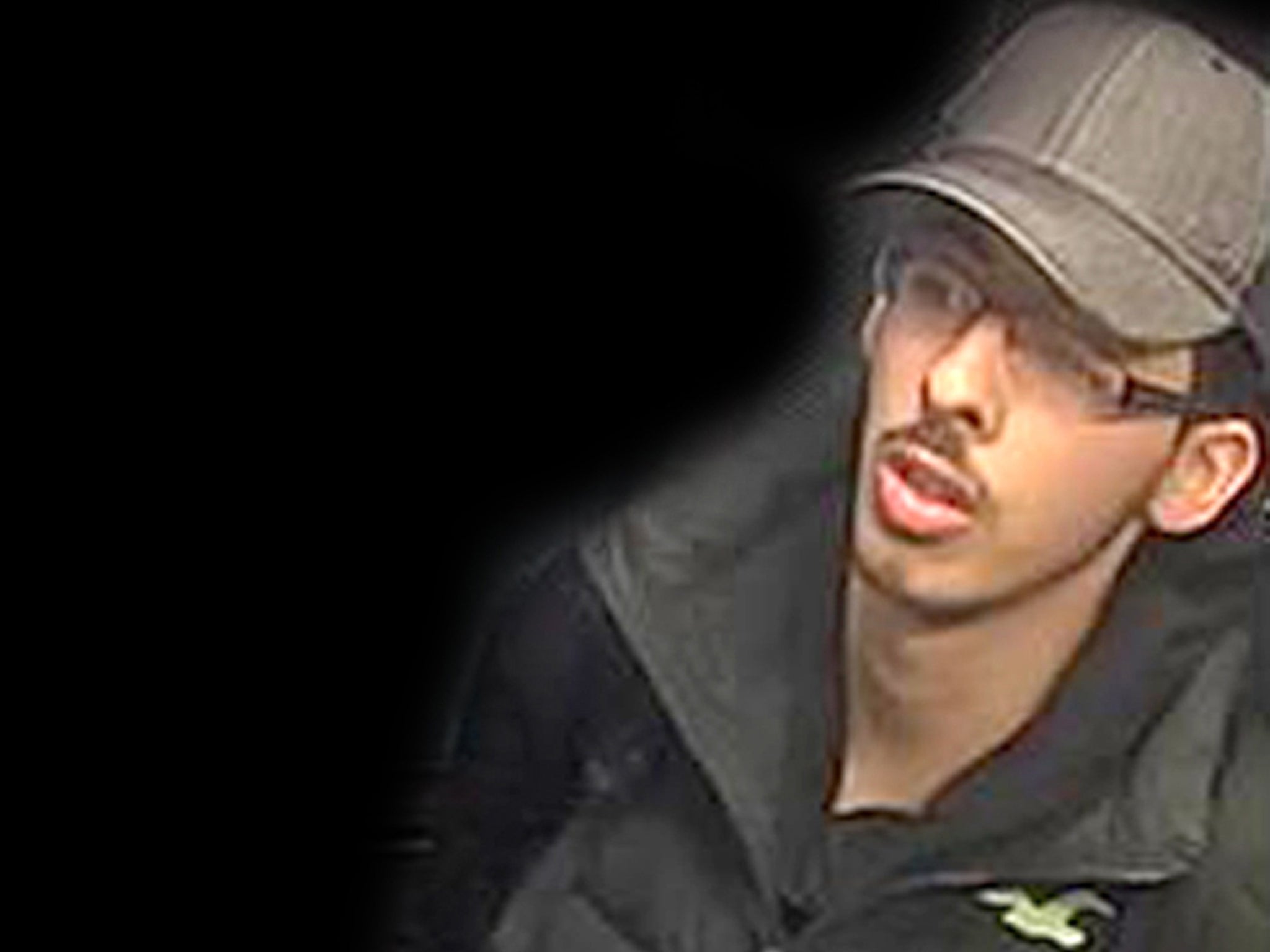Manchester Arena inquiry chair refuses to grant bomber’s brother immunity from prosecution
Ismail Abedi has refused to give evidence and asked the inquiry to secure a promise from the attorney general

Your support helps us to tell the story
From reproductive rights to climate change to Big Tech, The Independent is on the ground when the story is developing. Whether it's investigating the financials of Elon Musk's pro-Trump PAC or producing our latest documentary, 'The A Word', which shines a light on the American women fighting for reproductive rights, we know how important it is to parse out the facts from the messaging.
At such a critical moment in US history, we need reporters on the ground. Your donation allows us to keep sending journalists to speak to both sides of the story.
The Independent is trusted by Americans across the entire political spectrum. And unlike many other quality news outlets, we choose not to lock Americans out of our reporting and analysis with paywalls. We believe quality journalism should be available to everyone, paid for by those who can afford it.
Your support makes all the difference.A judge has refused to offer the Manchester Arena bomber’s older brother immunity from prosecution if he gives evidence to a public inquiry.
Ismail Abedi denies any knowledge of or involvement in the attack on 22 May 2017, but has so far refused to cooperate with the inquiry while claiming legal privilege against self-incrimination.
His brother Salman Abedi detonated a suicide bomb among Ariana Grande fans and relatives waiting to collect them, killing 22 people and injuring hundreds more.
Another brother, Hashem Abedi, has been jailed for life for his involvement in the attack, which was claimed by Isis.
Ismail Abedi asked the public inquiry to secure a guarantee from the attorney general that any evidence he gives would not be used against him in any future criminal proceedings.
Chair Sir John Saunders refused the application, saying that any benefits from Mr Abedi’s cooperation would not outweigh the potential effects on the administration of justice.
A ruling said that families of the 22 victims killed in the bombing were divided on the issue, with some wishing to secure Mr Abedi’s evidence and others calling a bar on potential prosecution “'unconscionable”.
“He is likely to have relevant evidence relating to the issue of the radicalisation of Salman Abedi and any part that the family and their history in Libya played in that,” Sir John said.
“In 2015, the applicant [Ismail Abedi] was found to have images on his phone discovered on a port stop that … may indicate that he shared some of his brothers’ extremist views.”
The ruling said that police had investigated Mr Abedi for potential terror offences relating to the bombing and that although the Crown Prosecution Service concluded there was insufficient evidence for any charge, the investigation remains open.
Sir John said that if Mr Abedi’s evidence disclosed evidence of any crime, “a failure to prosecute would be considered by many to be a considerable affront to justice”.
He also questioned whether Mr Abedi would give “constructive answers” to help the inquiry if immunity was offered, adding: “I have no confidence that if granted an undertaking the applicant will do his best to assist the work of the inquiry. There would need to be a significant shift in his attitude if he were to do so.”
Sir John said he would not seek the requested promise from the attorney general and urged Mr Abedi to “give evidence in the normal way”.
Mr Abedi is expected to be served with a legal notice soon which will “require” his attendance in person at the inquiry, which is currently sitting in Manchester.


